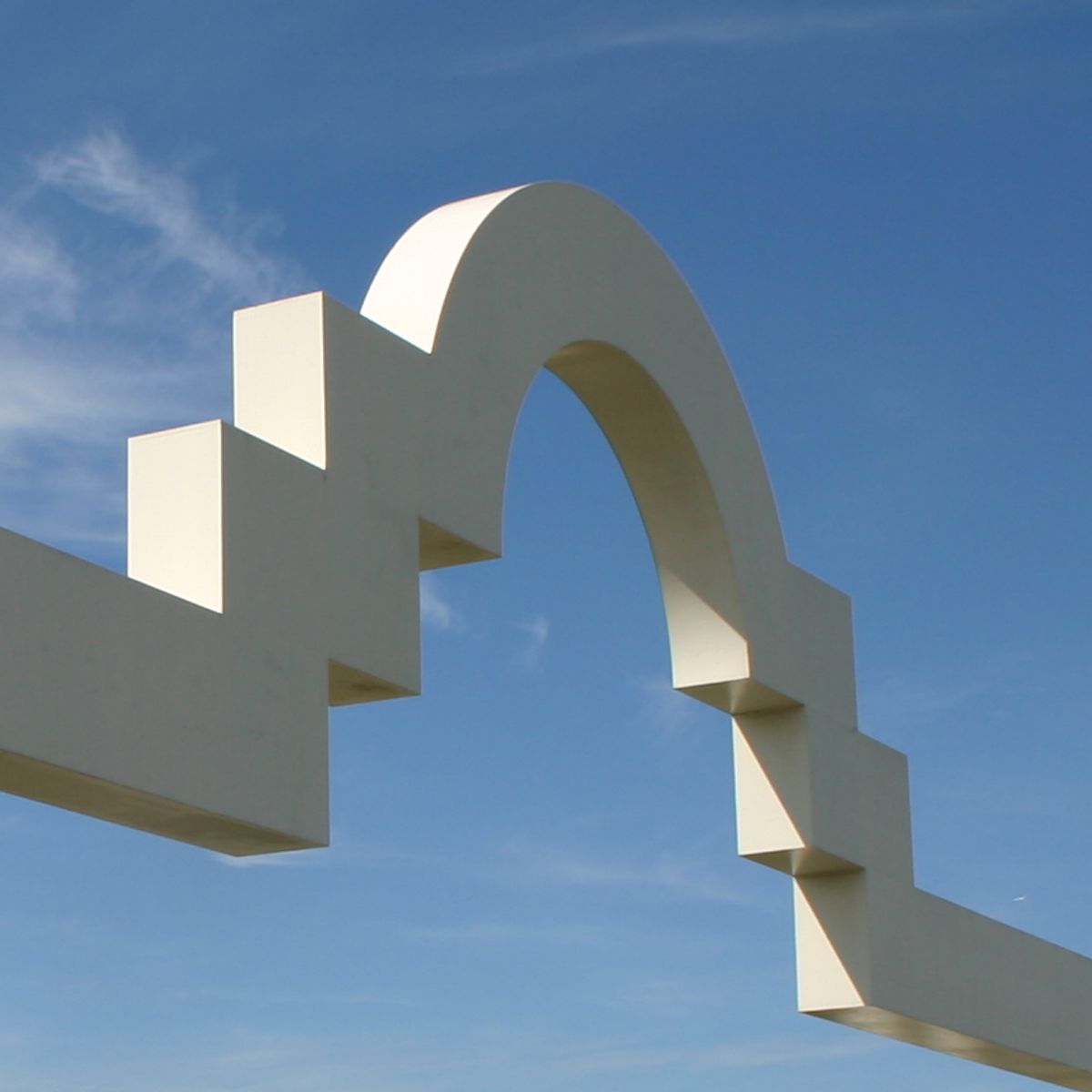North Pleasanton Development Aids City Finances
North Pleasanton Development Aids City Finances

Pleasanton, like many other communities throughout the state, is now feeling the aftereffects of proposition 13, which was passed in 1978. Although state bail-out money at first eased the impact, according to Emily Wagner, Pleasanton Finance Director, "We have lost between $600,000 and $1 million in state funds annually for the last three years."
"Although it is difficult to make up that shortfall overnight, the income from North Pleasanton business development and the Stoneridge Shopping Center has helped significantly," Wagner said.
Property and sales taxes increased $662,00 in 1981-82; $500,000 in 1982-83; and will increase by $569,000 in 1983 84.
For the first time in several years, the Pleasanton City Council adopted an unbalanced budget for the fiscal year that began on July 1. However, according to Wagner, "the latest projections indicate the Building Department's revenues (building permits and other fees) will be significantly higher than originally estimated, so it appears the budget will be balanced after all."
When asked about the reason for adopting an unbalanced budget, Wagner explained that staff had originally recommended a balanced budget, but the City Council felt is was essential to add items such as heavy-duty maintenance equipment for the Parks Department, two clerical positions in the Police Department and funds to turn back on all presently unlit streetlights.
"The Council felt these expenses were important and could not be postponed, and that funding them out of the $3 million City Reserve Fund was an appropriate use of this surplus money," she added "But with the increased Building Department revenues, it is no longer necessary to draw on reserves."
The Pleasanton budget of $9.5 million for the current fiscal year is based on income from the City's General Fund.
Revenues from property and sales taxes, the hotel and motel tax, and business licenses go into the Pleasanton General Fund. Also contributing to the Fund are fees and charges generated by providing services such as building permits, building inspections, sewer connections, and recreation activities and classes.
Property and sales taxes are the city's largest sources of revenue. As retail businesses grow, they obviously pay more sales taxes. And as land is sold, its value is reassessed and taxes levied on the new value. When buildings are constructed on the land, the property tax increases, based on cost, fair market value or rental income.
"The General Fund pays for the operating costs to provide essential services to Pleasanton residents," Wagner explained. "That includes the Police and Fire Departments, planning, maintenance and inspection of parks and streets, recreation activities as well as the operation of the City Council, City Manager and general administrative offices."
Emily Wagner, who manages the City's budget and finances, is a Pleasanton resident. She is a graduate of San Jose State University, majored in business and accounting, and is currently working toward an MBA degree from Cal State Hayward, as well as becoming a Certified Public Accountant.
The budgeting process begins in Pleasanton in February, when City department heads draw up budgets for the coming fiscal year. The budgets are then reviewed by Emily Wagner and City Manager James R. Walker for presentation to the City Council in May. The Council then either accepts or modifies the budget as presented. The final version is to be in place by June 30 to take effect the first of July.
In addition to the annual budget, there is a Three-Year Capital Improvement Budget to fund improvement of Pleasanton streets and parks. Although there is some federal and state grant money available for this fund (such as from gasoline taxes, which must be used solely for street improvement), the bulk of this money must be raised locally.
As Wagner explained, "when residential permits are issued, construction taxes and park dedication fees are assessed. They are determined by a complex formula based on the type of dwelling (i.e. apartment, condominium, single-family home), building density and number of bedrooms."
But with housing starts down as they have been over the past couple of years, it appears obvious that monies for the General Fund as well as the Three-Year Capital Improvement Budget will be met increasingly by fees and taxes generated by commercial development.
"We will be reviewing the fiscal impact of North Pleasanton business development in the coming months to see how the income it produces will aid the City Budget on a continuing basis," Wagner concluded.
To see a reproduction of the original article and edition of Pleasanton Pathways, visit: November 10, 1983 Pathways.




